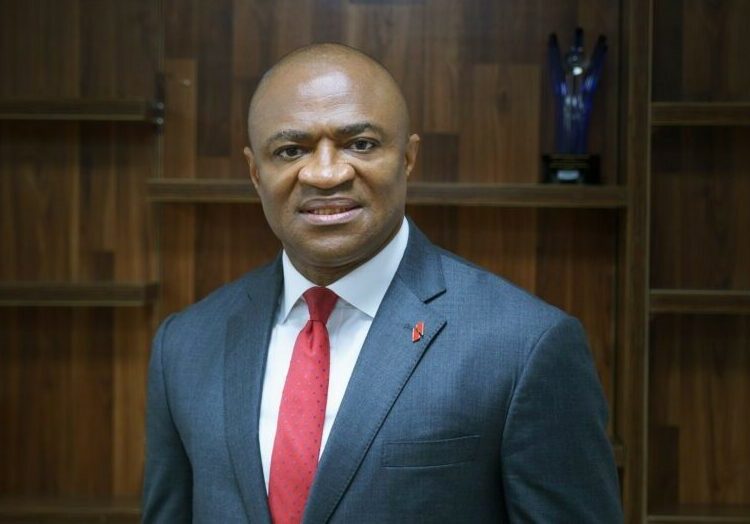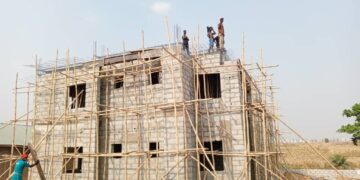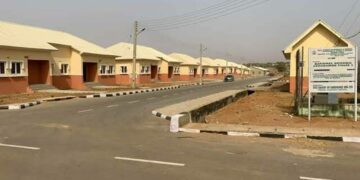The group managing director/chief executive officer of United Bank for Africa (UBA) Plc, Mr. Oliver Alawuba, has called for a new collaborative financing model that would position African financial institutions as key drivers of the continent’s competitiveness and economic transformation.
Speaking at the UAE–Chad Trade and Investment Forum in Abu Dhabi, themed “Financing African Competitiveness – Building Bridges, Powering Progress,” Alawuba said the time has come for African banks to move beyond the role of intermediaries to become “architects of finance” capable of structuring, mobilizing, and channeling capital towards productive infrastructure.
He explained that the model for financing Africa’s growth lies in a robust partnership framework that connects African banks, global investors such as the United Arab Emirates, and Development Finance Institutions (DFIs), including the World Bank and the African Development Bank.
According to him, when these three pillars align, Africa can unlock sustainable capital for development on a large scale. “Africa’s infrastructure transformation requires partnership, and that partnership has a structure.
“It combines international expertise and capital from partners like the UAE, African institutional banking and local knowledge, and the support of DFIs that offer de-risking instruments and concessional finance to make projects viable” he said
He noted that UBA’s recent whitepaper, ‘Banking on Africa’s Future,’ launched at the World Bank–IMF Annual Meetings, demonstrated that strategic African anchor investment can attract international capital at a ratio of 10-to-1 or even 20-to-1, adding that this multiplier effect is critical for realising Chad’s ambitious $30 billion “Tchad Connexion 2030” plan.
“The challenge has never been a lack of capital, but a lack of bankable structures and credible partnerships,” he stated. “Africa’s domestic financial assets are estimated at $4 trillion, yet less than 15 per cent is channelled into productive infrastructure.
This is the gap we must bridge.”
Alawuba reaffirmed UBA’s readiness to partner with governments and development partners across Africa to structure bankable projects that deliver impact. He cited the bank’s track record in power, energy, and infrastructure financing across the continent, noting that UBA had committed over $400 million to Tanzania’s Julius Nyerere Hydropower Project, $700 million to Nigeria’s power sector, and $315 million to road infrastructure in Ghana.
He said the bank’s approach combines large-scale financing with inclusive growth initiatives that reach local enterprises and underserved regions.
“At UBA, our commitment is two-fold: we are both architects of national infrastructure and champions of grassroots financial inclusion,” he said. “We are financing competitiveness from the ground up, ensuring that every link in the value chain from a remote farmer to a national utility, has the capital to grow.”
Alawuba commended the government of Chad for its “visionary leadership” and described the Tchad Connexion 2030 plan as a “declaration of intent” that captures the urgency of transforming African economies from potential to performance.
He added that UBA remains committed to being the financial engine and trusted partner driving Africa’s new growth story. “Financing African competitiveness is not an act of charity. It is the smartest investment we can make in a future of shared prosperity.”





